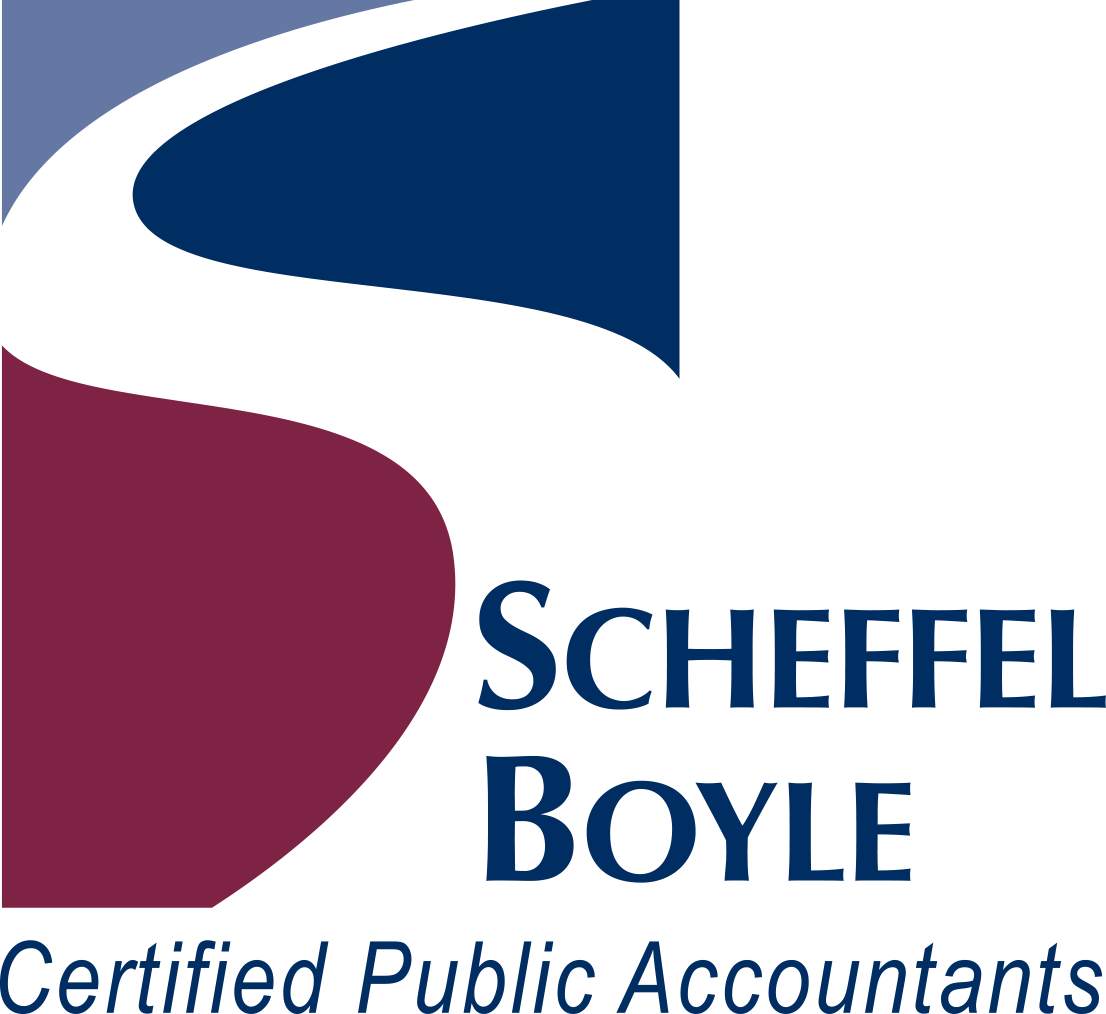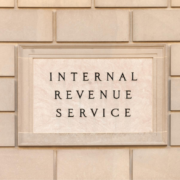IRS to Stop Sending Past Due Notices Due to Backlog of Unopened Mail
The Internal Revenue Service is one of many agencies still feeling the effects of office closures due to COVID-19. Like many businesses, the IRS shut its doors this Spring due to the pandemic. As a result of the closure, a large backlog of unopened mail for the agency has accumulated. Even though many IRS employees have now returned to the office, more mail continues to arrive each day, making the backlog of correspondence difficult to dwindle down. At one time during the summer, it was estimated that approximately 12 million pieces of unopened mail sat in trailers outside IRS facilities.
Although the agency was struggling to process its incoming correspondence, balance due and late payment notices were still being sent to taxpayers, resulting in complaints and confusion from those who received notices but had already sent in payment. The IRS is urging taxpayers not to cancel their checks and allow them more time to process the payments, stating that any payment would be posted as the date received and not the date the agency began to process the payment. In short, as long as the check does not bounce and is not cancelled, interest and penalties will still be avoided if the payment was paid on time.
The IRS is dealing with higher than normal call volumes and longer wait times. All of these issues culminated in Representative Richard Neal (D-Massachusetts), chair of the House Ways and Means Committee, asking the IRS to stop mailing balance due notices to taxpayers. He also urged the agency to ensure penalties and interest would not be charged to those affected by the mail backlog.
On Friday, August 21st, the IRS responded by releasing this statement, announcing it would temporarily stop sending three balance due notices (CP-501, CP-503, and CP-504) while it sorts through the backlog of mail, which is estimated to still be in the millions. These are follow-up notices that are automatically mailed to taxpayers that did not respond to the first notice, CP-14. Although this policy change was announced late last week, the IRS warned that some previously scheduled notices may still hit mailboxes over the next few weeks.
The IRS has advised taxpayers to avoid calling their support lines at this time, as they are still experiencing high call volumes and long wait times. They suggested taxpayers visit the IRS website linked here for options to make payments other than by mail in the future. Payments may still be made by mail as well.
If you have questions regarding this information, please contact our team. We are always here to help.



